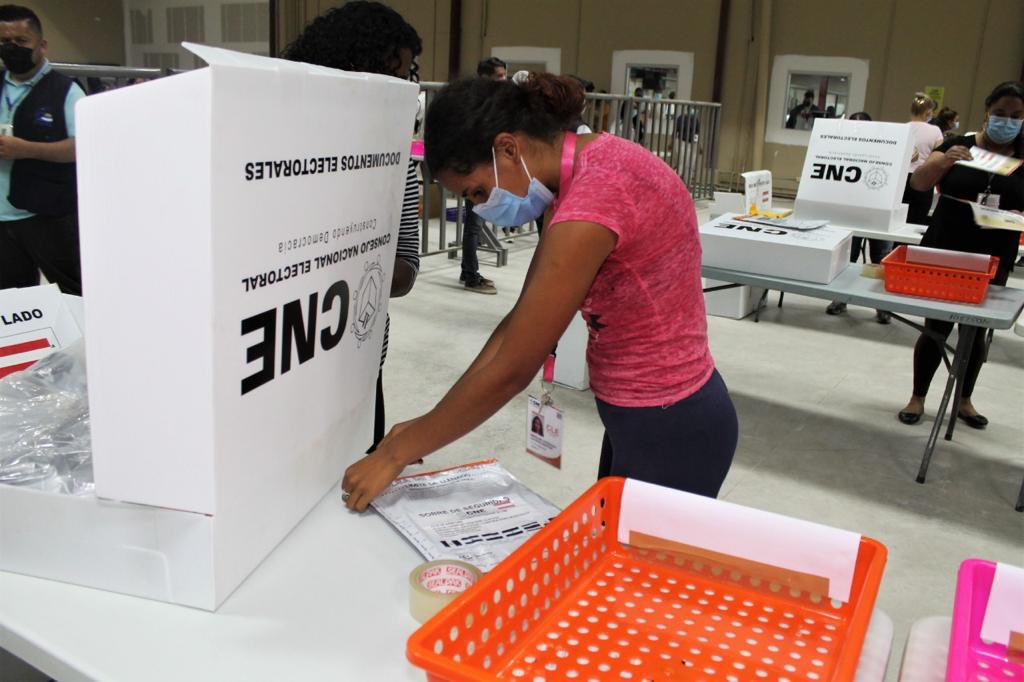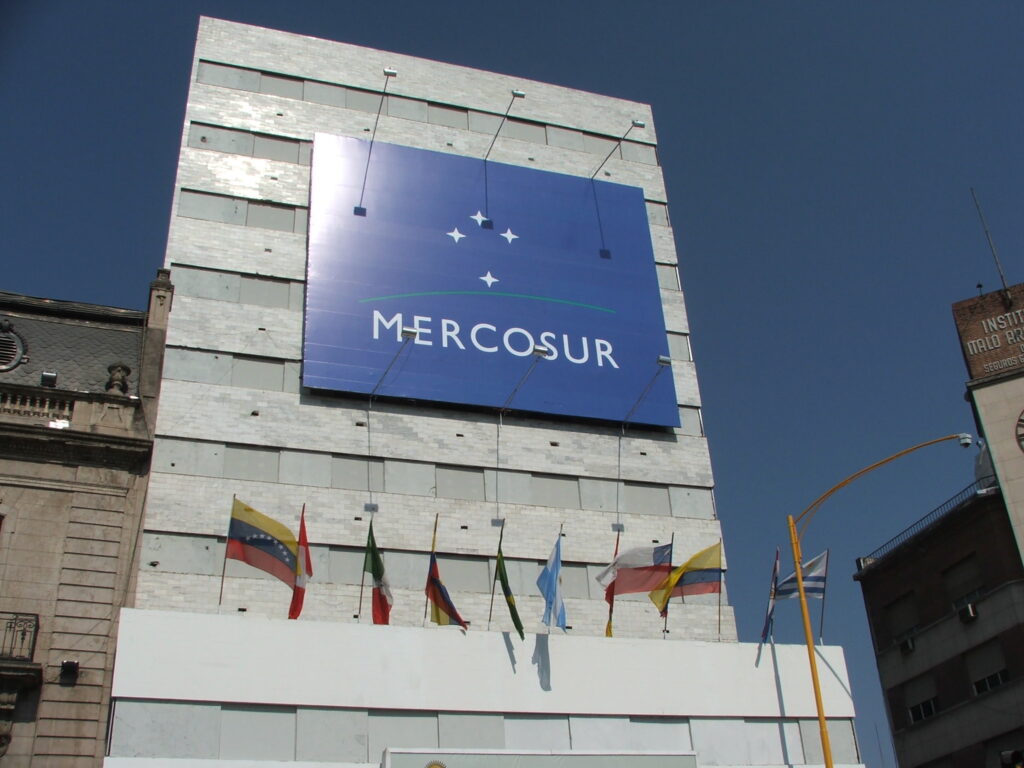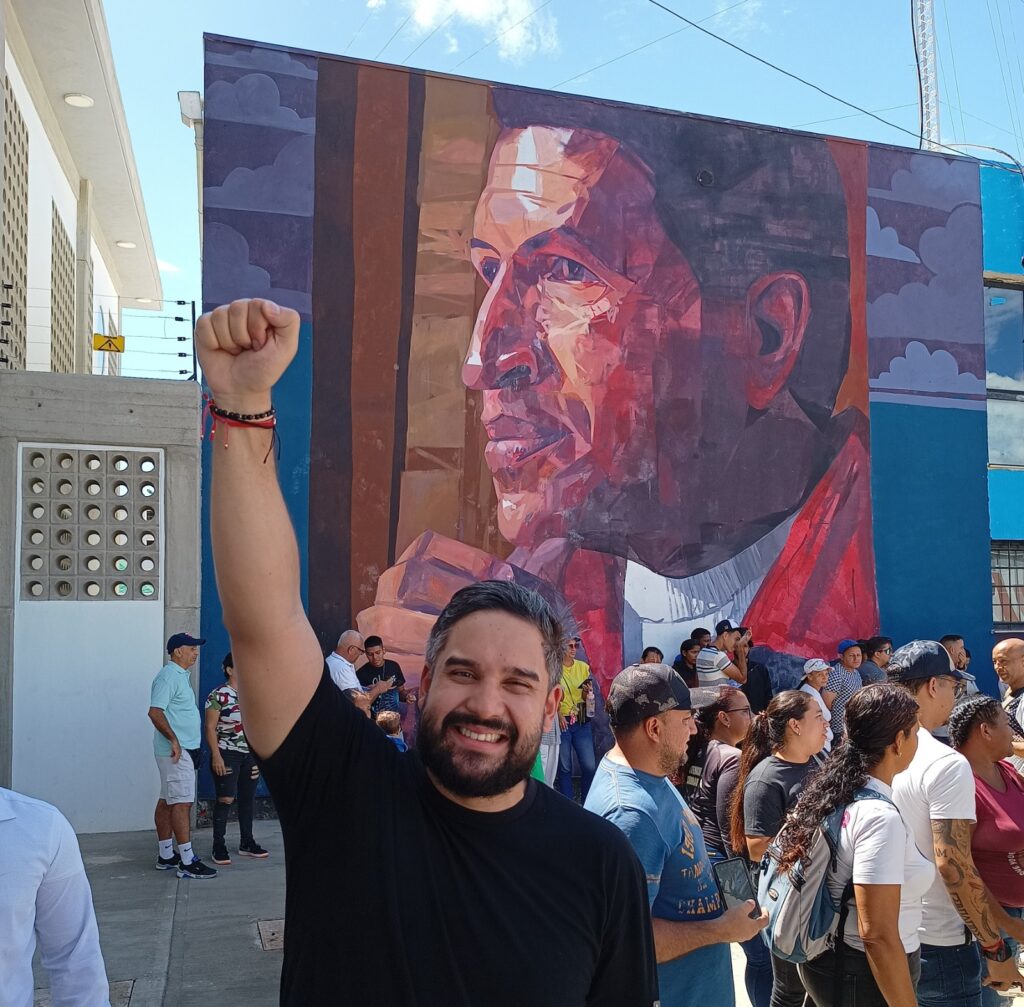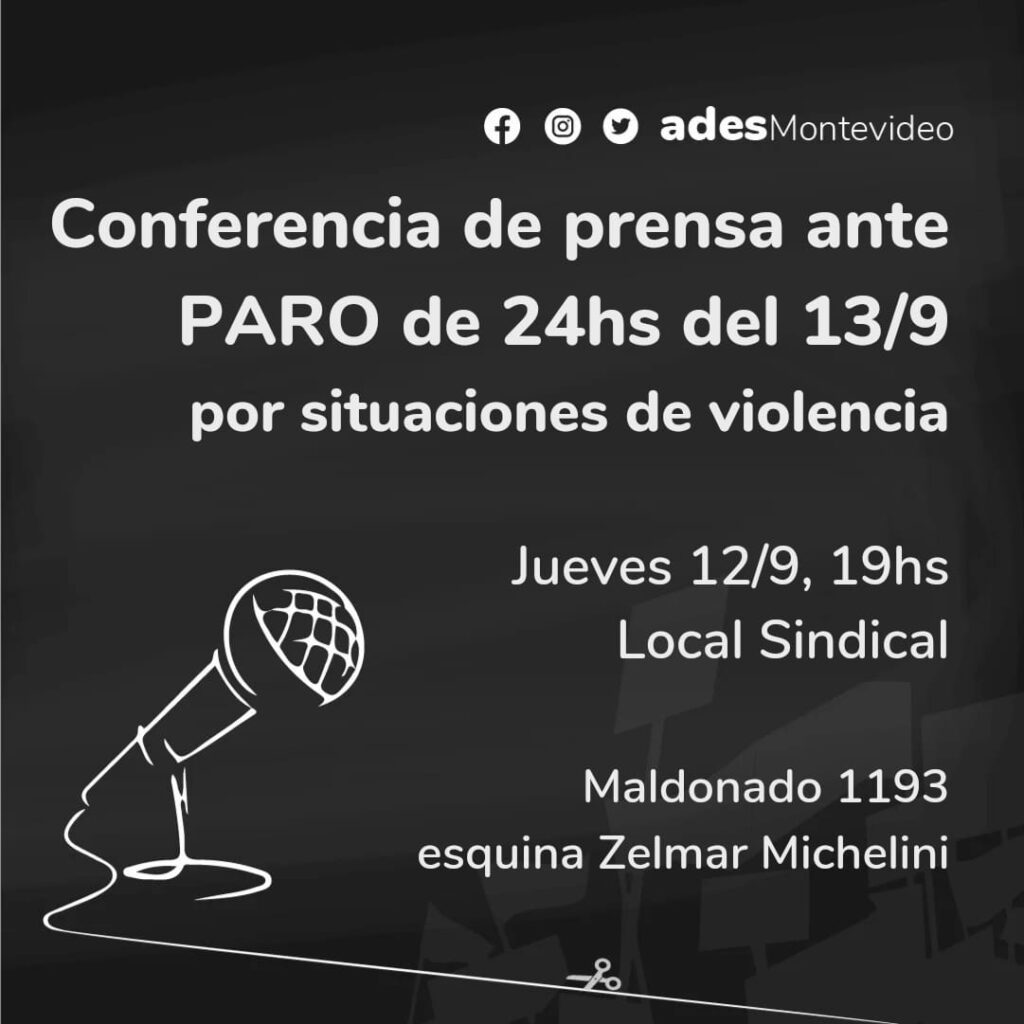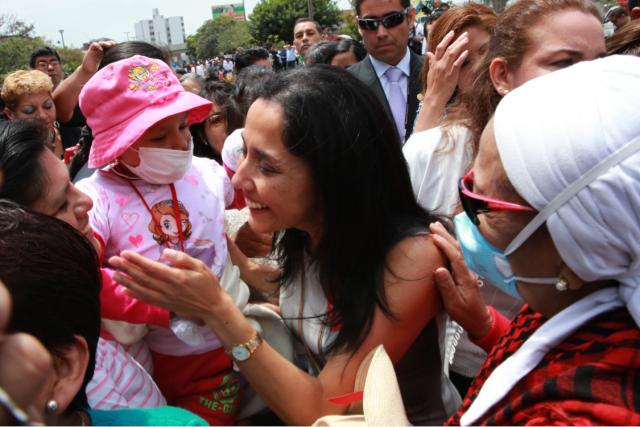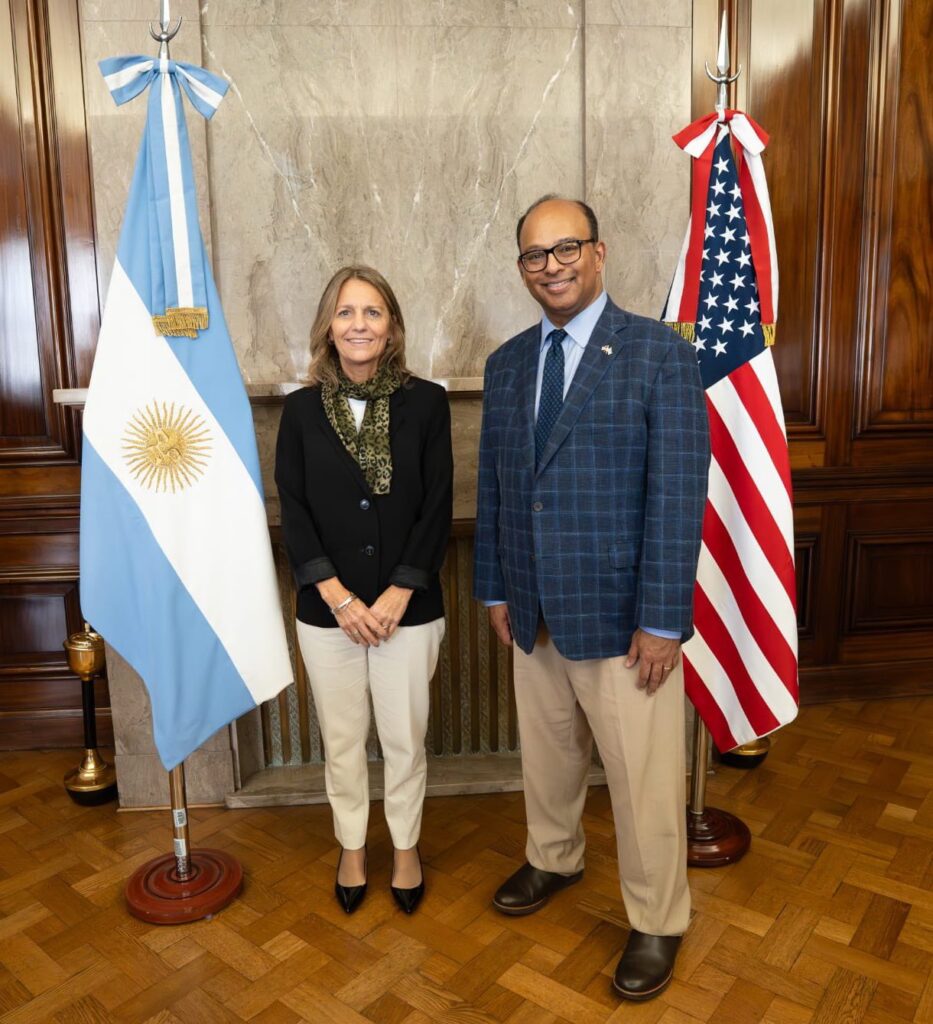On Sunday, November 30, Honduras will elect a new president, members of Congress, representatives to the Central American Parliament (PARLACEN), and municipal authorities. The elections will be held amid a climate of polarization, allegations of fraud from the ruling party, and interference by the Honduran Armed Forces.
At least 6.5 million Hondurans are expected to vote to choose the successor to President Xiomara Castro of the left-wing Liberty and Refoundation (LIBRE) party, who is Constitutionally prohibited for running for another term. Castro is Honduras’ first female president and the wife of former President Manuel Zelaya (2006-2009).
Leading contenders to take her place include Rixi Moncada, the ruling party candidate who describes herself as a proponent of “democratic socialism,” and the conservative candidates Salvador Nasralla of the Liberal Party, and Nasry Asfura of the National Party. Another presidential hopeful is Mario Enrique Rivera Callejas of the Christian Democratic Party of Honduras (DC).
Voters will also choose 298 mayors and deputy mayors, 128 members of the National Congress, and 20 principal and alternate representatives to PARLACEN.
Just days before the vote, Hondurans are experiencing heightened political tension and polarization. The Attorney General’s Office has announced investigations into electoral authorities, while the Armed Forces face accusations of overstepping their constitutional powers and attempting to assume functions that correspond to the National Electoral Council (CNE).
Meanwhile, observers from the European Union, the Organization of American States (OAS), and international NGOs have voiced serious concern about the political crisis and potential irregularities in the voting process.
Investigations over alleged “fraud”
On October 29, Honduras’ Attorney General, Johel Zelaya, announced an investigation against CNE councilor Cossette López, a member of the National Party, after she was accused of attempting to manipulate election results based on a series of 20 leaked audio recordings. López claimed the “evidence” was generated using artificial intelligence, while the LIBRE party hired private investigators to try to authenticate the files.
With no clear conclusion, distrust and political polarization have continued to deepen. Additional inquiries were announced by the Attorney General’s Office on November 10 — this time targeting two magistrates from the Electoral Justice Tribunal (TJE), who allegedly approved a resolution without the presence of the full panel.
Despite the allegations, President Castro wrote on November 25 on her X account that the election process “will be transparent.” She also recalled that her husband, Manuel Zelaya, was ousted in a coup in June 2009.
“Today, my government fulfills and honors the principles that were violated back then… What President Zelaya (Mel) defended with dignity, we are restoring through the Refoundation that has already changed the course of Honduras. And with that same conviction, we guarantee free, transparent elections on November 30, grounded in the trust and sovereign will of the Honduran people,” she stated.
Accusations of military interference
The Honduran Armed Forces have also been accused of interfering in the electoral process, due to their hostile rhetoric toward the press and attempts to take on custodial roles that exceed their constitutional authority.
Concerns about military overreach date back to the internal party primaries in March, when the Armed Forces failed to adequately transport and safeguard electoral materials.
In response to reporting on these and other issues, the Chairman of the Joint Chiefs of Staff, Roosevelt Hernández, openly threatened to jail journalists and media owners, accusing them of conducting “media campaigns against the military institution.”
More recently, the military requested that they be provided a copy of the presidential race tally sheets on Election Day — an action that, according to CNE President Ana Paola Hall, constitutes “interference” by the Armed Forces in the election.
Political violence
Political violence has also marked this electoral cycle, and has left five candidates dead as of September 2025. The most recent case occurred on September 9, with the murder of Oscar Bustillo Oseguera, a congressional candidate from LIBRE.
Local media outlets have also reported on X that members of the ruling party have assaulted supporters of other political parties. One such complaint was made by Liberal Party legislator Iroshka Elvir. “When we were in District 15, groups of LIBRE supporters in El Pedregal blocked the road with sticks and stones, and verbally assaulted our candidates,” Elvir said.
Other videos circulating on X show a man shouting at Liberal Party members: “LIBERAL doesn’t rule here, LIBRE rules here.”
Amid the heightened tensions, during an extraordinary session of the OAS Permanent Council on November 25, an official Honduran delegation rejected allegations of co-opting electoral institutions and lack of transparency.
The delegation — Ambassador to the OAS Roberto Quesada and Deputy Foreign Minister Gerardo Torres Zelaya — defended the integrity of Sunday’s upcoming vote.
“As of this hour, electoral materials have been delivered in 13 of the country’s 18 departments — that is, 70%. By tomorrow, 100% will be distributed nationwide, and on November 30 we will hold massive, transparent elections,” they said.
Human Rights Watch also warned this week that mounting political pressure on electoral authorities threatens citizens’ right to free and fair elections, stressing that protecting the credibility of the process “will be essential.”
Featured image: Honduras election vía @CneHonduras


